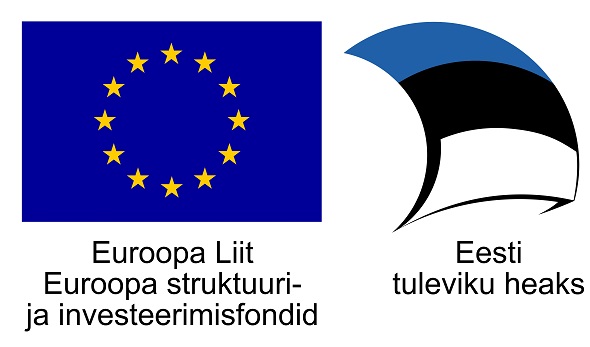4th International Summer School in Cultural Economics 2012
![]() For the fourth consecutive time the Centre for Research in Arts and Economics (CREARE) organizes the International Summer School in Cultural Economics.The courses examine the relationship between culture and economics, the link between creativity, arts, and business, and bridge the knowledge and experiences of scholars and practitioners involved in specific cultural sectors.
For the fourth consecutive time the Centre for Research in Arts and Economics (CREARE) organizes the International Summer School in Cultural Economics.The courses examine the relationship between culture and economics, the link between creativity, arts, and business, and bridge the knowledge and experiences of scholars and practitioners involved in specific cultural sectors.
The courses are led by professor Arjo Klamer, renowned Cultural Economist at the Erasmus University Rotterdam. This year for the first time the International Summer School in Cultural Economics is organised in cooperation with Erasmus Academie.
17-21 July: Cultural Industries and Creative Economy
The creative industry is of considerable and growing importance to the economy and society as a whole. Cultural industries are less influenced by economic crises than other economic sectors. Besides that, cultural industries also are engines for innovation and a driving force for creativity. For policy makers as well as for cultural entrepreneurs the questions are how creative industries and cultural entrepreneurship can be stimulated and how innovations within the cultural industries find their way across the sectors of economy and society. Learn more >>>
22-30 August: Value of Culture – on the relationship between Economics, Culture and Arts
Cultural institutions are widely seen as important pillars of national cultures and identities. Under the influence of the economic crises, however, governments are increasingly enforcing budgetary cuts for culture, stepping back and allowing more competition on the market to take place. The question is, how cultural institutions and organizations can exist independently and what forms of cultural policy can stimulate the shift. The approach of cultural economics focuses exactly on this aspect of financial sustainability of cultural organizations, without compromising their artistic values. Learn more >>>
18-22 September: The Cultural Economic Perspective on Cultural Heritage and Museums
In the era of receding governments participation in the cultural sector, especially museums and heritage sites face challenging and uncertain environments. The cultural economic perspective shows how to combine economic values with cultural values to realize the values of museums and cultural heritage. The perspective has proven to be effective to face the new challenges within organization, financing as well as marketing of cultural heritage and museums. Learn more >>>
Goals
The International Summer School in Cultural Economics applies a unique method of learning that builds on the questions participants take to the program and that brings them up to speed with the latest theoretical and practical insights on the topics and learn from actual cases by interacting and engaging with prominent cultural entrepreneurs and well-known international faculty. To reach this objective we apply the following principals:
- Participants’ questions constitute the point of departure of the inquiry.
- The inquiry takes place by means of dialogues between the teacher and the participants and among the participants.
- The inquiry pivots around core texts and core works, that is, texts that have proven their merit throughout the times.
- In workshops the participants learn how to put the new insights to work by connecting them with and applying them to familiar situations.
- By working in groups on a common project participants will develop a deep understanding of what they learn with a chance of producing something that has a lasting value for themselves and others.
Who can apply
Depending on the course, the summer school is an excellent choice for professionals working in the field of creative industry (music, internet, gaming, design, film, etc), media, cultural institutions, cultural policy, cultural entrepreneurs, (academic) faculty, artists etc., who aim for an intensive international and multidisciplinary course on the subject. There is a limited number of places available for students.
Fees
Cultural Industries and Creative Economy: € 1.600.
Value of Culture – on the Relationship between Economics, Culture and Arts: € 2.000.
The Cultural Economic Perspectives of Cultural Heritage and Museums: € 1.600.
The fee includes refreshments, materials, lunches and field trips and excludes accommodation and meals.
Location
The courses will take place in the heart of the vibrant, culturally rich and creative Dutch capital Amsterdam, located only a few hours drive from other main European cities like Brussels, Paris and Berlin.
Characteristics
Besides the international summer school on cultural economics, the Centre for Research in Arts and Economics also conducts research and offers consultancy services in the field of cultural industry, museum and heritage, creativity and innovation, cultural entrepreneurship, cultural policy, etc.





